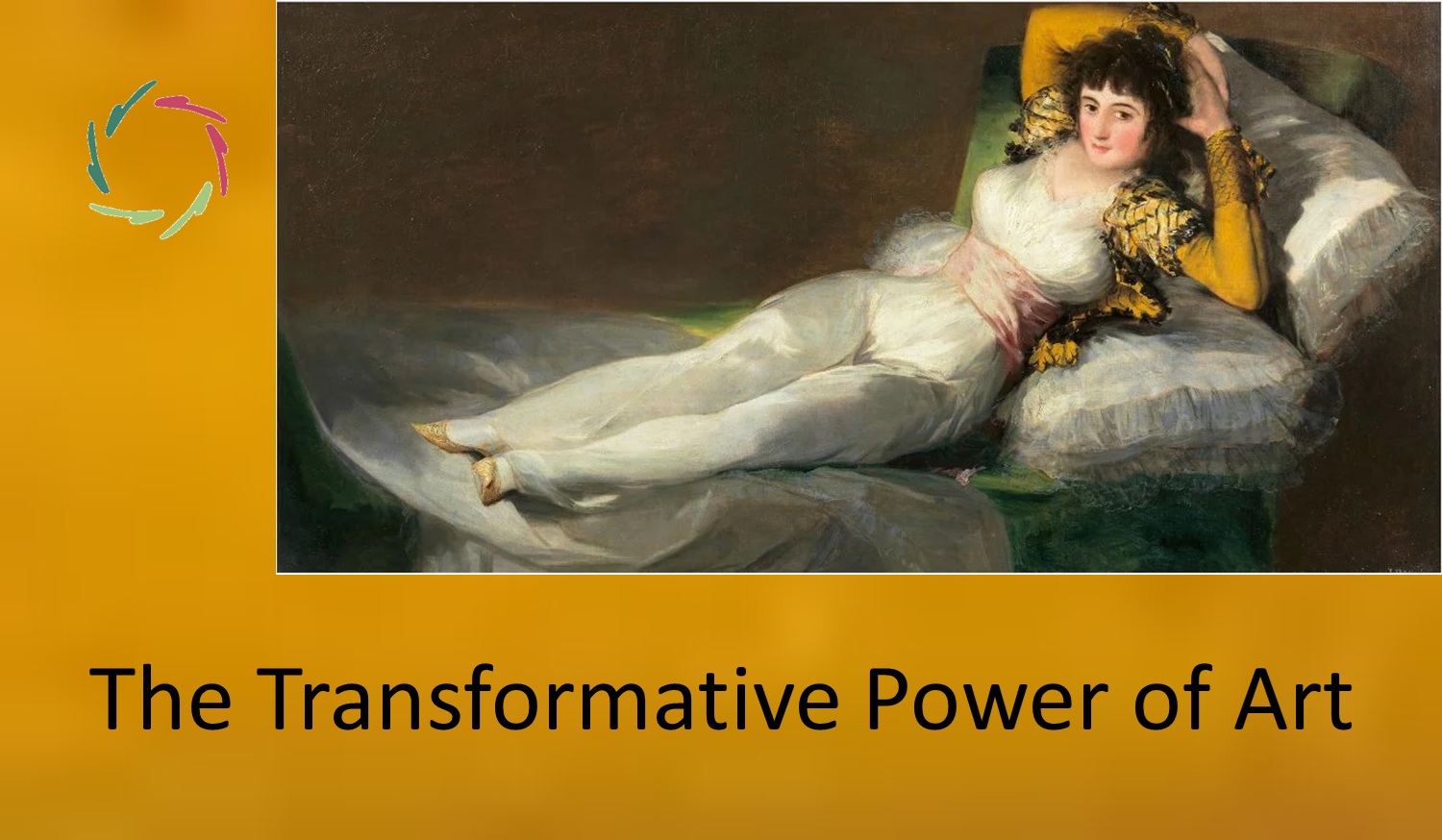How to Change an Opinion

Including yours. It’s not as easy as just putting facts together. Opinions are recalcitrant, and rightly so. Here are some insights to make it more ethical and doable.
Phenomenal importance
People cooperate with each other – in the immediate environment and worldwide – from a state of having congruent basic opinions. For instance, the opinion that it is decent to strive for cooperation. If different opinions cannot be reconciled, there’s the risk of ending in a bloody mess as history shows way too frequently.
Thus, it is crucial to be able to change opinions, including one’s own. With the world becoming a village, this village depends on it.
Opinions are embedded.
Thus, changing one opinion frequently comes together with changing other opinions, themselves also being embedded. A whole army of opinions comes into motion, with the power of a worldview.
Not seeing the embeddedness makes changing an opinion seem as easy as changing the belief about some fact, or just providing the right arguments. Yet, changing an opinion seems much easier than it is in reality.
People are drawn to prove what they already believe.
Even the same piece of evidence can be used by different people with contradictory opinions, simultaneously, to each strengthen their personal distinct opinion ― same facts, different worldviews.
This can also be better understood from embeddedness. It is much easier to strengthen something than to start changing something that brings the need to change something else, etc.
Embedded mental-neuronal patterns
At the brain/mind level, this is related to the landscape of mental patterns which are also neuronal patterns, and which make up the basis of our thinking, feeling, etc. This specific structure also explains much of our errors in thinking, from misattributions and misdirected generalizations to our basic cognitive illusion through not seeing that through which we are seeing.
We are very much unlike present-day computers. To start with, human mental hardware and software are one entity. Changing some of our ‘software’ is the same as changing some of our ‘hardware.’ There is no human memory or program in which one can just change some construct. It is all much more interwoven, say, embedded. At the subconceptual level, patterns overlap with other patterns. This forms a post-postmodernist brain.
Therefore, changing an opinion happens from the inside.
The best way to change an opinion is to understand that opinion, not in order to form counterarguments but to understand it from the inside. This gives an idea of the embeddedness and what is needed to engender mental change.
In addition, just by feeling understood, a person may put down unnecessary defenses. He feels trusted and becomes more trusting. The new opinion becomes a friend, thus also the influencer. There is a sense that change happens together.
About getting inside and brainwashing
In getting inside may lie the main difficulty in many cases. Of course, if the to-be-changed person (you or someone else) is not open from start to end, the above scheme of change is not evident.
People who have the intention to radicalize others know this too. Therefore, they may use patience and a strategy of continuous/repeated pressure until they feel the door gets open. At that moment, they are ready to enter and make the change from the inside based on what’s already present. One may see this as brainwashing if it lacks respect for the to-be-changed person. Alternative ways to brainwash are 1) by crashing through the door, and 2) by forcedly manipulating what’s inside. The professional brainwasher – especially with scarce resources – surely knows that to crash and bash is less efficient than to just keep on pushing, then to continue with what is already available.
But we do not want to brainwash, surely.
What makes something different from brainwashing is respect.
Changing an opinion is always at the brink of disrespect if you absolutely want to change that opinion, and you don’t want it to change you. This is frequently the case, of course.
Therefore, one needs to be always cautious about one’s own aims. Are the basic values of the changer congruent with those of the to-be-changed? The changer may be self-righteous. That doesn’t make him right.
In the business of changing opinions, respect is necessarily the first step, not the second or some afterthought. With proper respect, one doesn’t brainwash. On top of this, respect enables the understanding-from-inside. It is therefore a question of morality and efficiency at the same time.
Still, the main weakness lies in the fact that change from inside can only happen from inside.
Many motivators do not like this, whether in schools, at work, in therapy, political, etc.
You might look at it from the positive side. If changing an opinion was easy for you, it would be easy for others too. The person with the changed opinion would be fair game to be changed back to where he came from, and your effort would be for naught. You might as well be happy that it’s difficult.
Besides, in the process, you might also be changed, maybe for the better?


